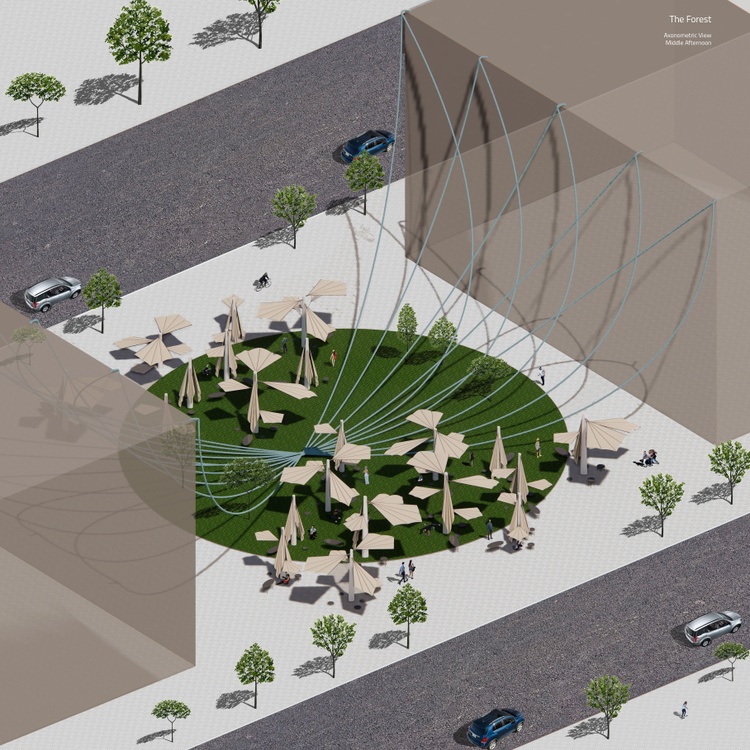
Intro to Architecture, End Of The Year Show

End Of The Year Show

End Of The Year Show

End Of The Year Show

End Of The Year Show

End Of The Year Show

End Of The Year Show

End Of The Year Show

End Of The Year Show

End Of The Year Show

End Of The Year Show

End Of The Year Show

End Of The Year Show

End Of The Year Show

End Of The Year Show

End Of The Year Show

End Of The Year Show

End Of The Year Show

End Of The Year Show

End Of The Year Show

End Of The Year Show

End Of The Year Show

End Of The Year Show

End Of The Year Show

End Of The Year Show

End Of The Year Show









